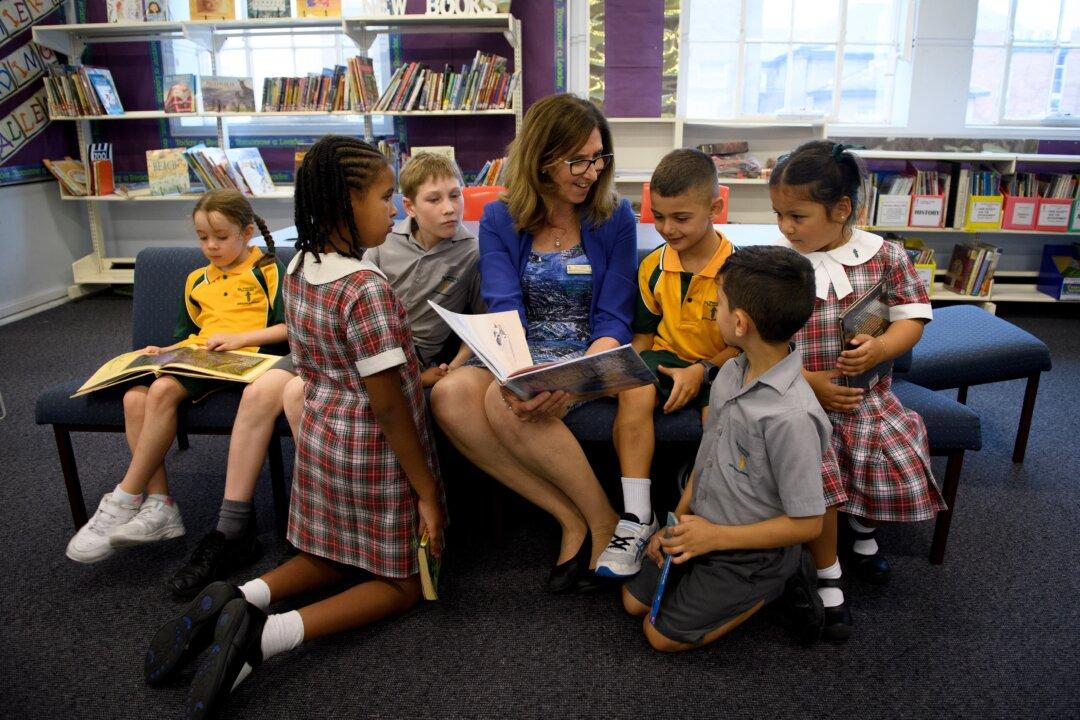A famous British headmistress known for her use of rigorous application of school rules said that progressive teaching is failing students as it misinterprets compassion as letting a child off easy while enforcing “white” guilt on teachers.
Katharine Birbalsingh, who has been called “Britain’s meanest headmistress,” said in a speech at the Centre for Independent Studies in Sydney, Australia, on Nov. 15 that in Western countries such as Australia and Britain, “in order to get things right with teaching children, you have to go against the grain.”
Birbalsingh, an Indo-Guyanese Jamaican born in New Zealand, recalled a visit to an Australian school where Aboriginal students make up the majority of the student body. The teachers, Birbalsingh said, were playing guitars instead of teaching math or science because the teachers had the view that “these kids aren’t going to really amount to much.”
“Let’s have fun while we can. Let’s sing some songs and let them enjoy life,” she was told.





